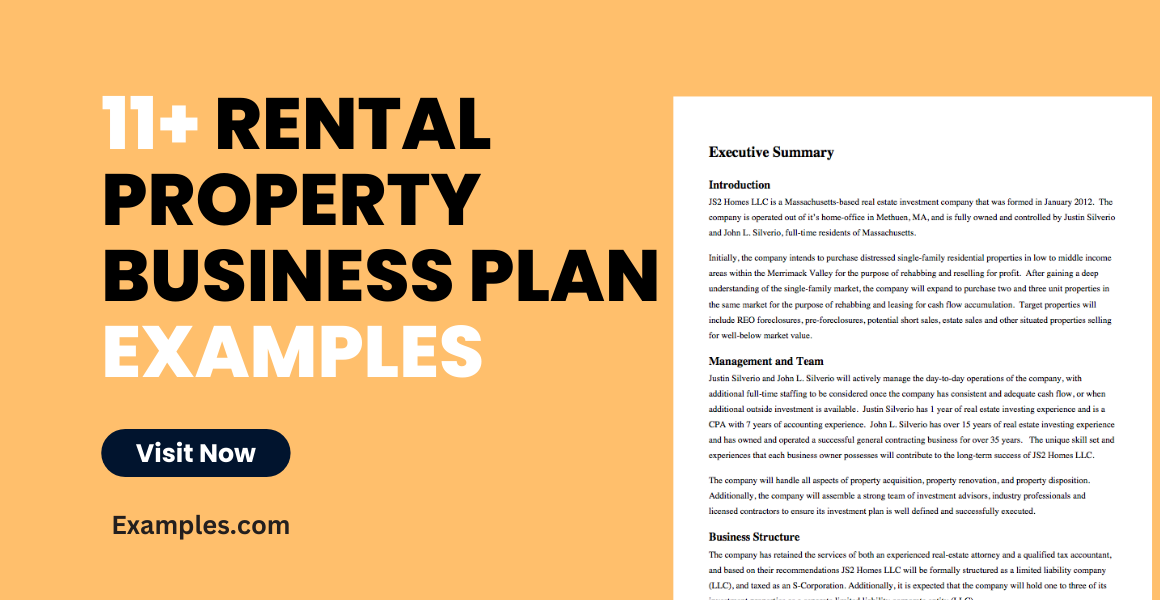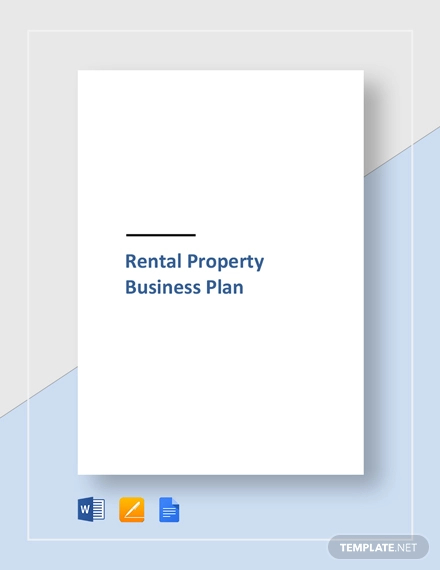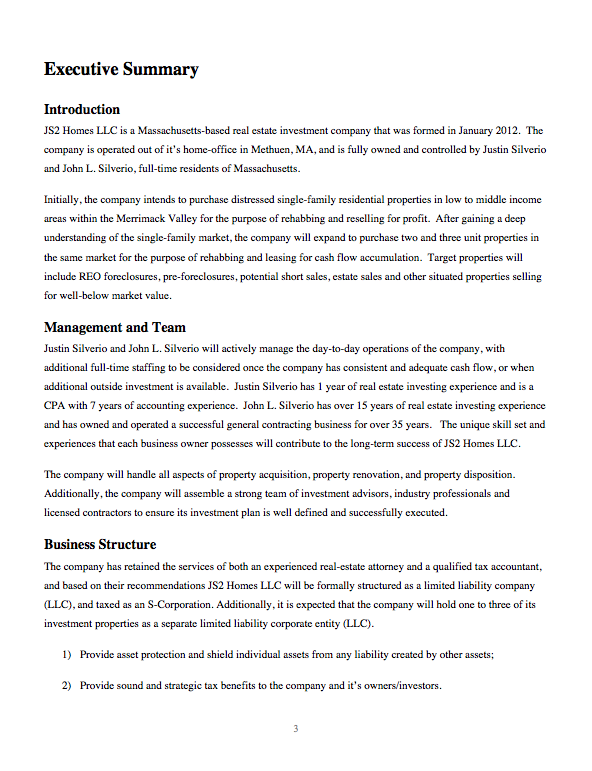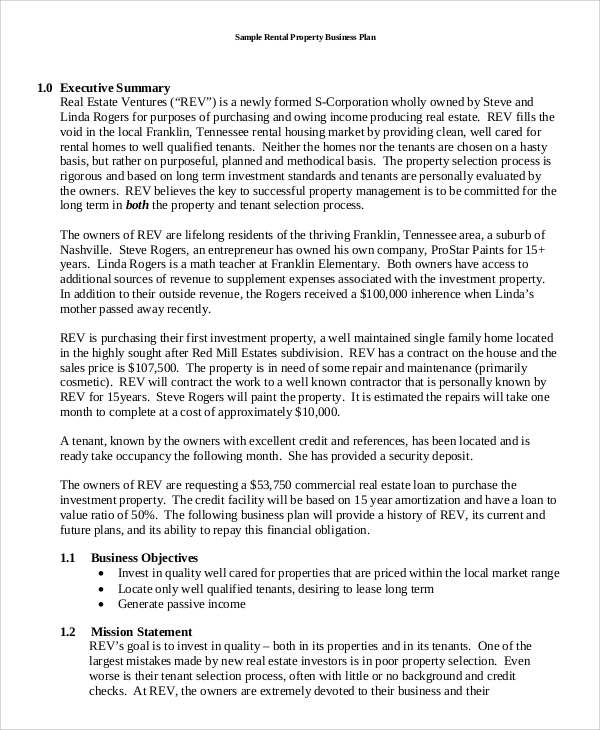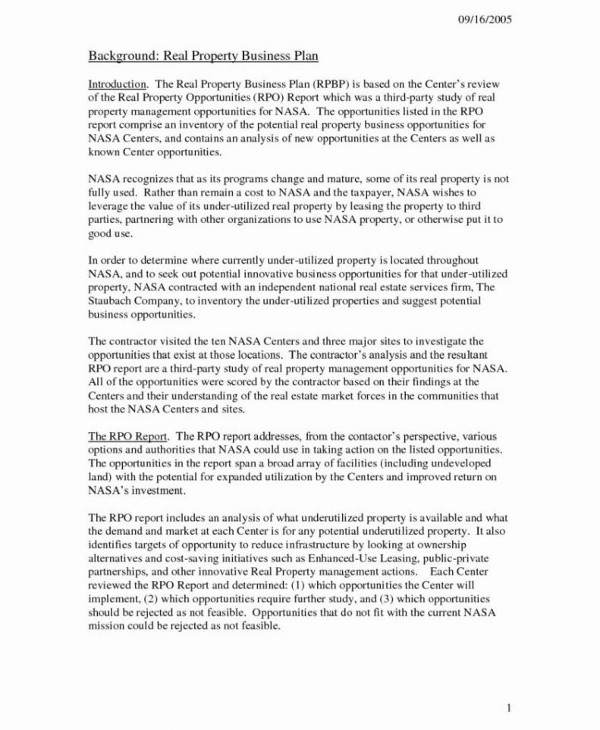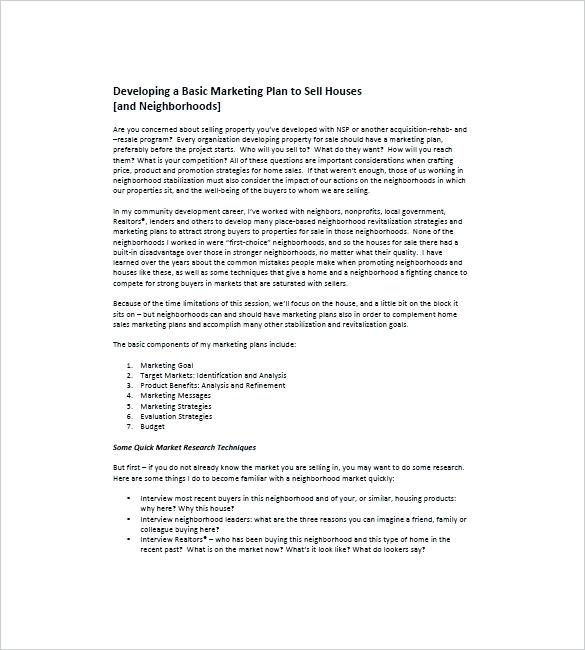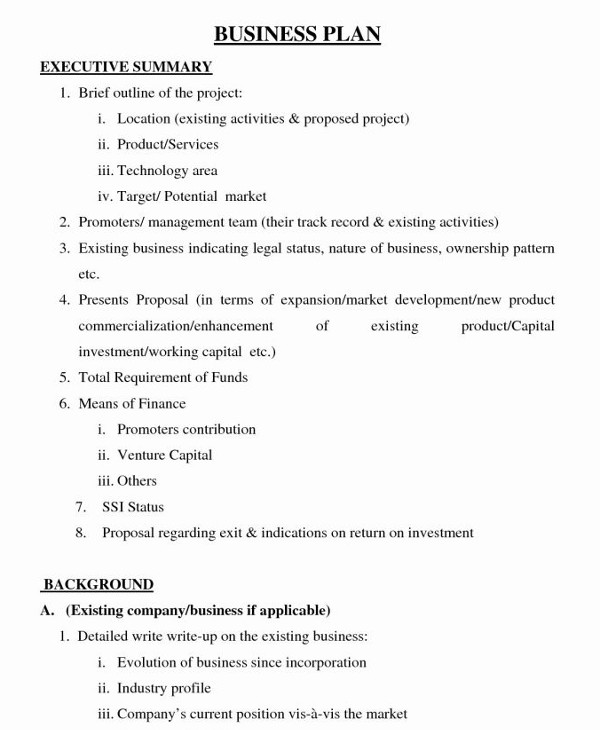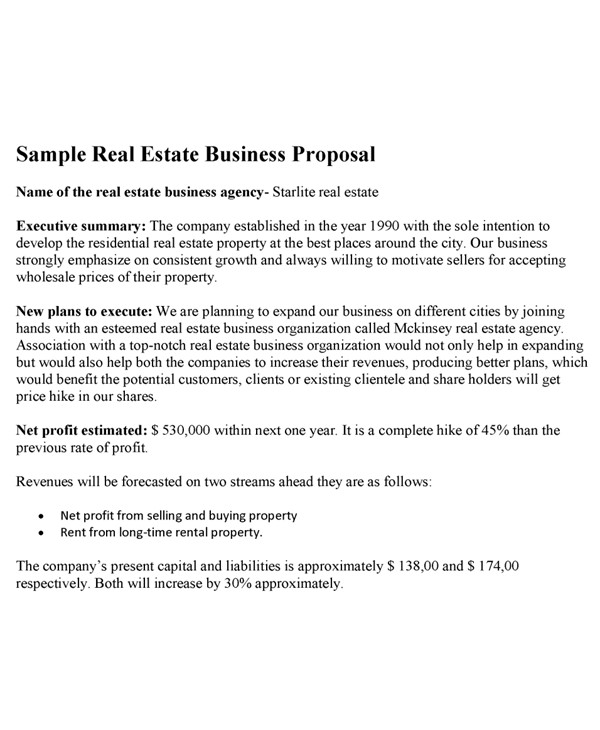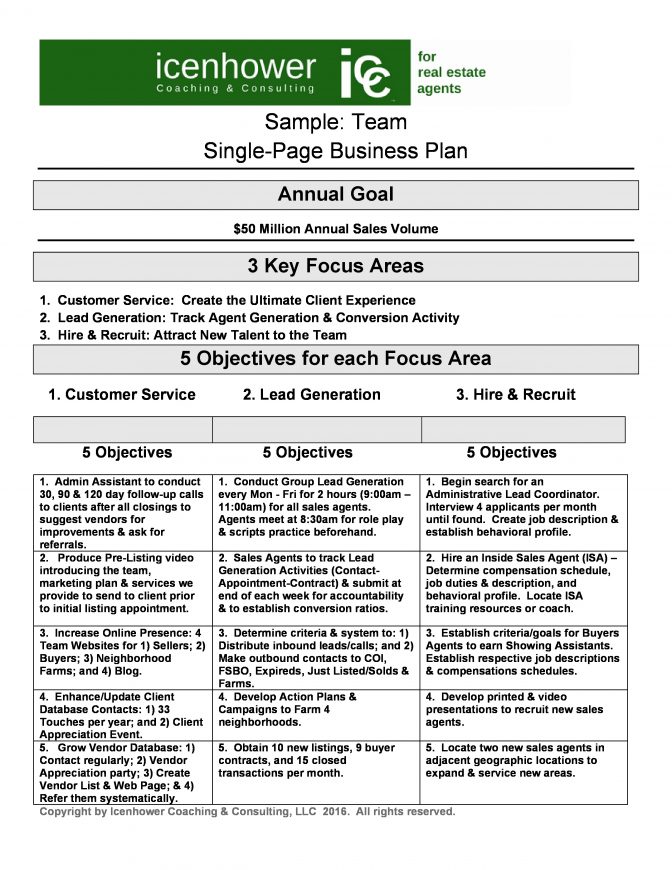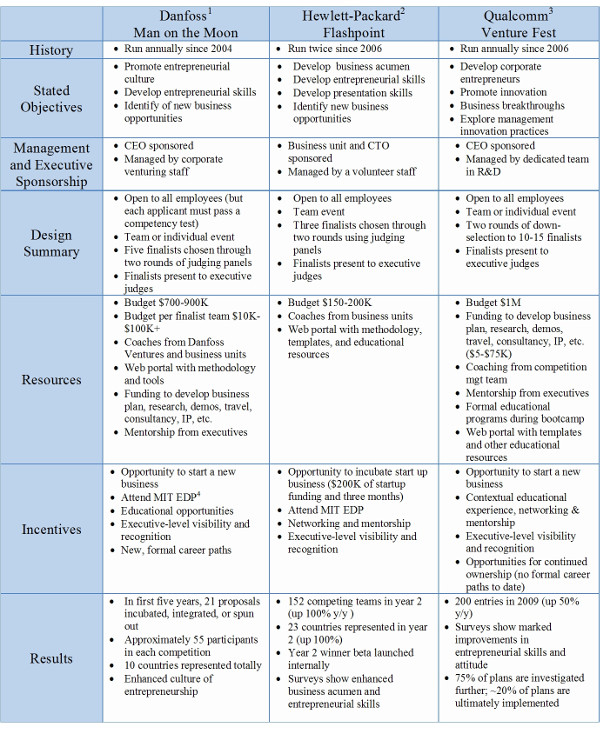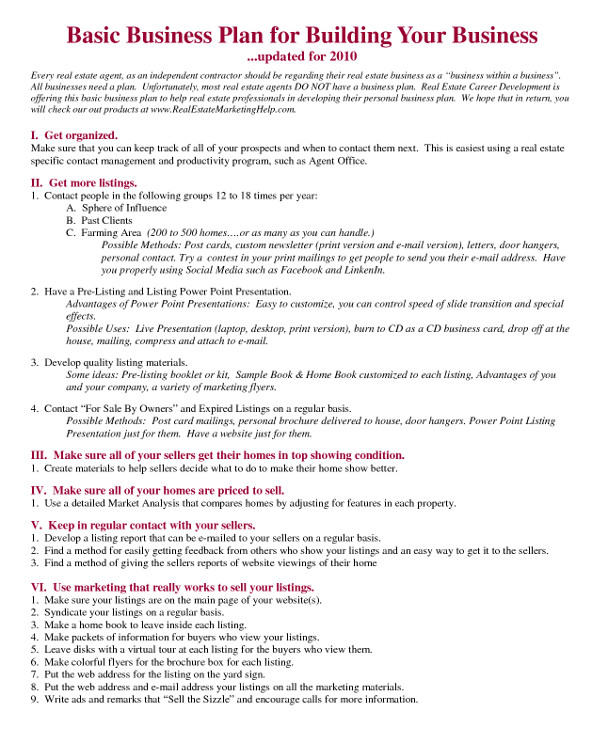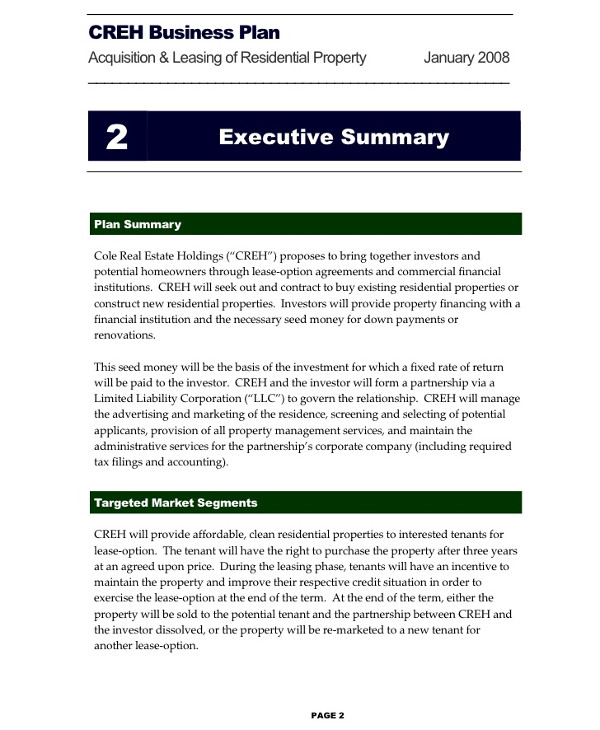11+ Rental Property Business Plan Examples to Download
A rental property business is perfect for anyone who wants an easy way into the world of business ownership. You simply need a house or an apartment building to rent, and a solid business plan as a ticket to the industry. Of course, preparation is always the key to success. If you really want to make money by investing in a property, you first need to have a solid plan on how to make it work. Otherwise, your future investment will not be any different to throwing your money and hoping it will multiply and come back to you. You may also see real estate investor marketing plan examples.
Planning will involve analyzing your goals as an investor and your goals for the investment property. Are you doing this to have a steady stream of income, or because you have an unused property at your disposal and you want to make the best out of it? Perhaps it’s because you’re simply bored and tenants would help create a noisy environment for you?
11+ Rental Property Business Plan Examples
Rental Property Business Plan Template
Rental Property Business Plan Example
Sample Rental Property Business Plan
Real Property Business Plan Document Sample
Sample Rental Business Plan
Developing a Basic Marketing Business Plan
Business Plan Sample Document
Sample Real Estate Business Proposal
Sample Single-Paged Business Plan
Apartment Rental Business Plan
Basic Business Plan for Building Your Business
CREH Business Plan for Residential Property Business
Nine Questions that can help you Develop and Focus your Plan
Whatever the reason may be, there are certain questions you can ask yourself to help you put together a strategy for a long-term success. These questions will help you focus by answering the who, what, when, where, why, and how of starting a business. You may also see rental inventory examples.
Unfortunately for you, you can’t skip this part since there is no cookie cutter for starting a business. Each one of us will have different goals and objectives when investing in real estate, which means that we can’t simply follow other people’s footsteps. We need to make our own. The secret lies in defining your personal objectives and then developing specific strategies and plans of action to meet them. You may also see real estate strategic plan examples.
You can start by asking yourself how you can make money through real estate, and deciding how much exactly it is that you want to earn per month. However, to be more specific, here are nine questions that can help you develop and focus your plan:
1. What is your goal as a property investor?
You need to decide exactly how you are planning to earn money as a property investor so that we can start focusing all of our efforts toward that goal. Is being a landlord a side job, or do you want to quit your day job to do this full-time? Do you want to make a quick profit by selling the house instead? Or do you want to buy and hold a property for capital appreciation and to make passive income each month?
Whatever your answer to this question is, it will help you understand the course you will take. It will identify the next big decisions you will be making, each one of them relevant to achieving your goal. You may also see real estate sales plan examples.
2. Do you understand the different types of investment properties?
There are many different ways to invest in real estate. Are you sure you are aware of your choices? Rental properties are a great choice. It offers you a steady source of income without compromising your ownership of the building; however, there are also other choices at your disposal. You may also see self-catering business plan examples.
Before you make any permanent decisions, make sure that you’ve gone through all of your choices and equally considered each one so that you can choose the one or two that are most in line with your goals as a person and a future businessman, with your finances, and even with your personality type.
By conducting a thorough research, you may learn more about the industry that you are getting yourself into. Make sure you’ve chosen, and that you’ve chosen well. After all, you’ll be stuck with your business for a long time. You may also see company plan examples.
3. Where will the property be located compared to your current home?
Decide how far away you are willing to have the property, especially if you are yet to purchase the real estate. Take costs into consideration. How much money will you need for transportation from your house to your rental property? How much gas will you consume? Will you need a bus, train, or plane ticket to get there?
The opportunity cost associated with travel time can be considered lost productivity, so this early on, start calculating how much time you can lose. Some investors make the mistake of investing in a property that is too far from where they live. If you want to be a hands-on owner, proximity will matter. You may also see apartment marketing plan examples.
4. What will it cost?
Of course, we need to think about the initial investment. How much exactly is it? If you don’t have enough money on your own for it, how will you afford it? How much monthly expenses do you think you will have because of it? Are you being realistic with your numbers? Make sure that you are, otherwise, you will end up with a crunch in your numbers when the actual paying comes. You may also see commercial real estate marketing plan examples.
Mortgage payment, monthly maintenance, taxes, and insurance are just some of the bills you need to prepare for. You should also consider having a reserve account from which you can take funds to cover emergency repairs and unforeseen vacancies in your rental property.
Anticipate the exact amount of monthly income you will have. This means that you need to foresee the vacancy rate in the area where your rental property is located. You also need to calculate how much you can charge for the rent. You may also see risk management examples.
5. How will you market your property?
This one can be a little tricky. Once you have the numbers set and waiting, the next thing you will have to do is to find tenants whose monthly rent you will need to realize the numbers you’ve predicted. Think: will you be posting advertisements online? Will you use a realtor? Is your property appealing enough to prospective tenants?
6. How will you manage the property?
Do you have enough time in your hands to become the landlord, or will you hire a property manager? If so, you will need to research for management companies or interview superintendents to find out how much they will charge for that so you can add it to your expenses. You may also see budget action plan examples.
But before deciding, you must remember that the upkeep of your property is your obligation. All these preparations, all these planning are all for nothing if you will only leave the welfare of your property in the hands of unprofessional strangers who are not interested in doing what’s best for your property. You still need to have a say in it to make sure that your rental property will be maintained. You may also see property survey examples.
7. How will you manage tenants?
What will you require from your tenants as they move in? How much will you charge for the security deposit? Landlords usually charge on to one and a half month’s rent. Will you apply the same rule? How will you select the right tenants? After all, you just can’t have anyone living in your property, can you? Will you run a credit check on prospective tenants, or will you choose to give them all the benefit of the doubt?
Do you have all of the proper legal forms such as the lease, rental application, or the notice to quit, or will all of this be conducted without that sort of formality? Do you understand what fair housing is? Do you understand how to evict a tenant? Will you make your property pet-friendly, or are these cute little creatures banned from it?
Being a landlord is not limited to having a property, renting it, and then collecting the money at the end of the month. There are legal preparations that need your attention and documents you need to have. You will be responsible for an entire inhabited building. Make sure you are ready for that responsibility. You may also see wholesale real estate marketing plan examples.
8. How will you maintain the property?
Of course, you can’t possibly place an immaculate, beautiful building up for renting only to give it up to neglect after a year or so. You constantly need to think about remodeling, renovations, and the basic cleaning maintenance. Think: will you hire a contractor for that, or will you do the repairs yourself?
How will you take care of yard maintenance such as mowing the lawn and shoveling snow? What about the general appearance of the place? These are important things to consider since you don’t want your tenants to end their contract with you just because you’ve allowed the place to look shabby. You may also see free business plan examples.
9. Do you have a plan if your investment fails?
We don’t want to entertain the thought of failure when the business hasn’t even started yet, but it’s a possibility we can’t shake off. Do you have an exit strategy should the worse happen? And should that exit strategy end, do you have another one?
Building Your Business Plan
The trick is not only to build your business plan but also to accomplish everything in it. Here are some exercises you can do to document everything from your long-term vision to your day-to-day tasks.
1. Vision
Ask yourself, if it was a perfect world, where would you be in five years? What does a perfect day look like to you? Your vision can be something as realistic as paying off your house, or it could be something as absurd and far-fetch as earning $500,000 doing what you love. Understand what you want to make happen. You may also see importance of business plan examples.
2. Mission
What is your personal mission? What are you trying to achieve for yourself? It could be to gain financial freedom through investing in a real estate property, or it could be educating the world on the different ways to finance real estate. Your mission is the thought, the idea of achieving something that can give you a sense of success and accomplishment. You may also see business plan outline examples.
3. Objectives
Try to create measurable short- and long-term goals that will help you calculate and measure your success along the way. Start with something small like reaching $10,000 total revenue by the end of a year, or ending it with 3 solid lending partners. Create benchmarks and tiny milestones to show yourself that you are actually achieving something, that you are getting somewhere. You may also see advertising and marketing business plan examples.
4. Strategies
Identify how you will reach these objectives. Will you do it by networking with other businessmen and cultivating relationships with people who can help you in your journey? What about getting referrals from other real estate investors? Or are you planning on simply working hard, lone wolf style? Whatever it may be, make sure you know how to proceed with this. You may also see annual plan examples.
5. High-level plans
High-level plans will help you create a road map for implementing your strategies and achieving your objectives. Although technically, your business plan is a road map in itself, high-level plans will bring more concentration into your every step.
6. Daily plans
Ideally, you will break down your high-level plans into daily plans so that every day, you will be working toward your long-term goals. It’s easy to push aside your plans thinking, “I’ll do it later,” but we all know where that attitude can get us. If you work for at least 15 minutes a day on a project, your plans will accelerate more than you think. You may also see network marketing business plan examples.
How to Be Successful in Your Rental Property Business
If you are in the rental property industry or you’re planning to be, you already have one sound advantage: you own an asset that can help you generate income, as opposed to having assets that mostly yield to expenses. Even experts admit that in an equation, the former has more good weight to boast of. It is undeniable, of course, since property purchase to be rented out does generate a more consistent amount of income compared to when it is limited to personal use or kept idle. You may also see bar business plan examples.
However, this doesn’t grant you immunity to the many common pitfalls for not-so-successful landlords and how they approach property rental as a business. Learn from them by following these tips.
1. Know who your market is.
Narrow down your market based on the property you offer. Make sure you have a keen understanding of what they require from the use of your space. The location will also play an important role here. You may also see tutoring business plan examples.
2. Set aside a budget.
The properties and facilities that you will offer to your tenants will need a budget. Set aside an ample amount for the upkeep of your property. You can also check social media business plan examples.
3. Have everything in writing.
Like every smart businessman, you should have literally everything in formal writing. You should have your tenants sign an official lease agreement; they should sign a copy of your rules so that you have a document to back you up should you need one; you should settle payment terms and lease duration in writing; any specific cleanliness guidelines that they need to adhere to; and when the rent is exactly due and what happens for late payments.
4. Keep track of your cash flow.
What differentiates a successful rental business from failed ones is that the former is capable of maintaining a healthy cash flow, which means that they make sure that what they are earning from the monthly rent is more than enough to cover their expenses.
5. Fulfill your duties and obligations as landlord and property owner.
The best way to get your tenants to meet their obligations is to make sure that you do too. Your job is not only to take the rent money, but you also need to make sure that your tenants are living well inside your building and that your property is always suitable for human inhabitants. You may also see market analysis business plan examples.
Starting your business can be daunting, but with the right business plan to guide your way, success can be a sure destination. You may also see affiliate marketing business plan examples.


